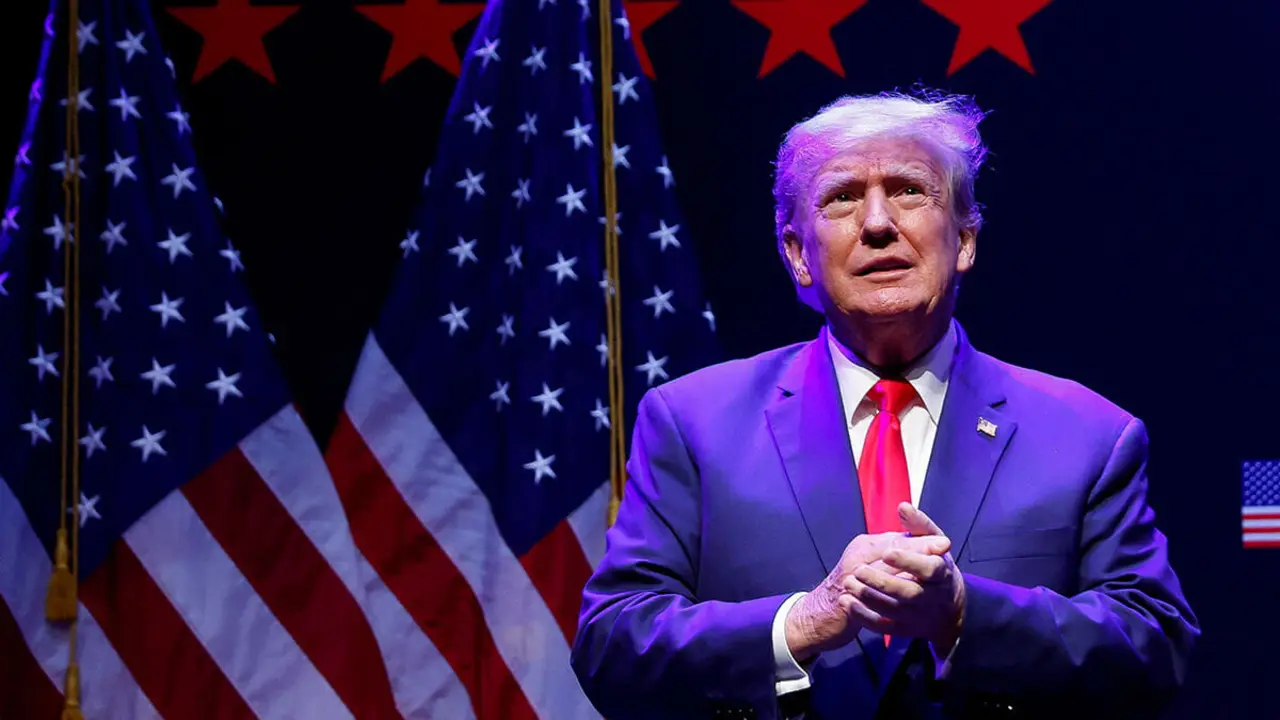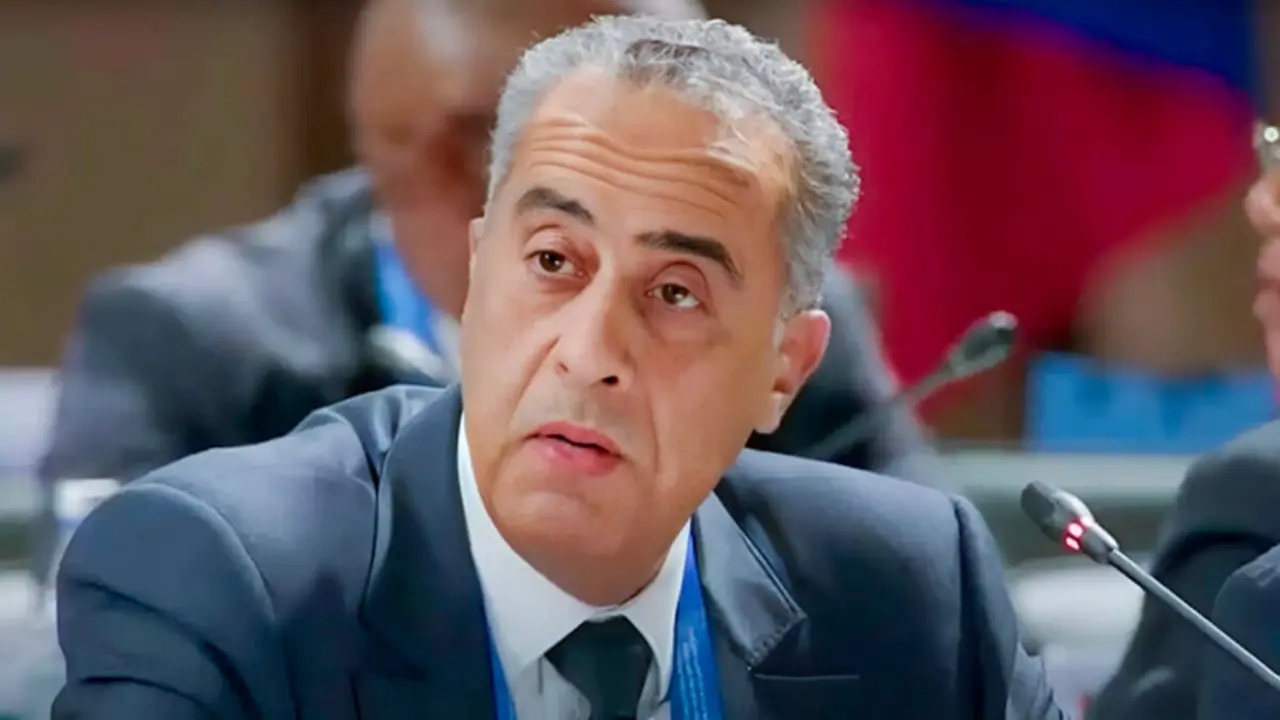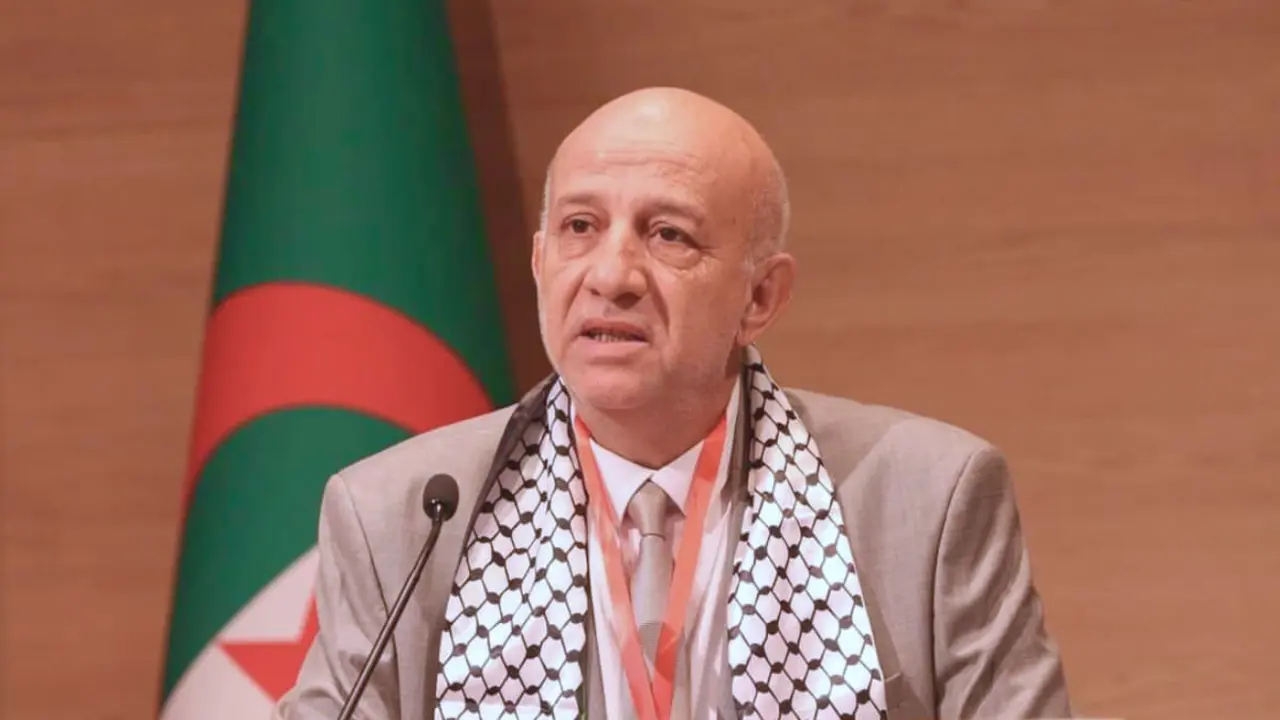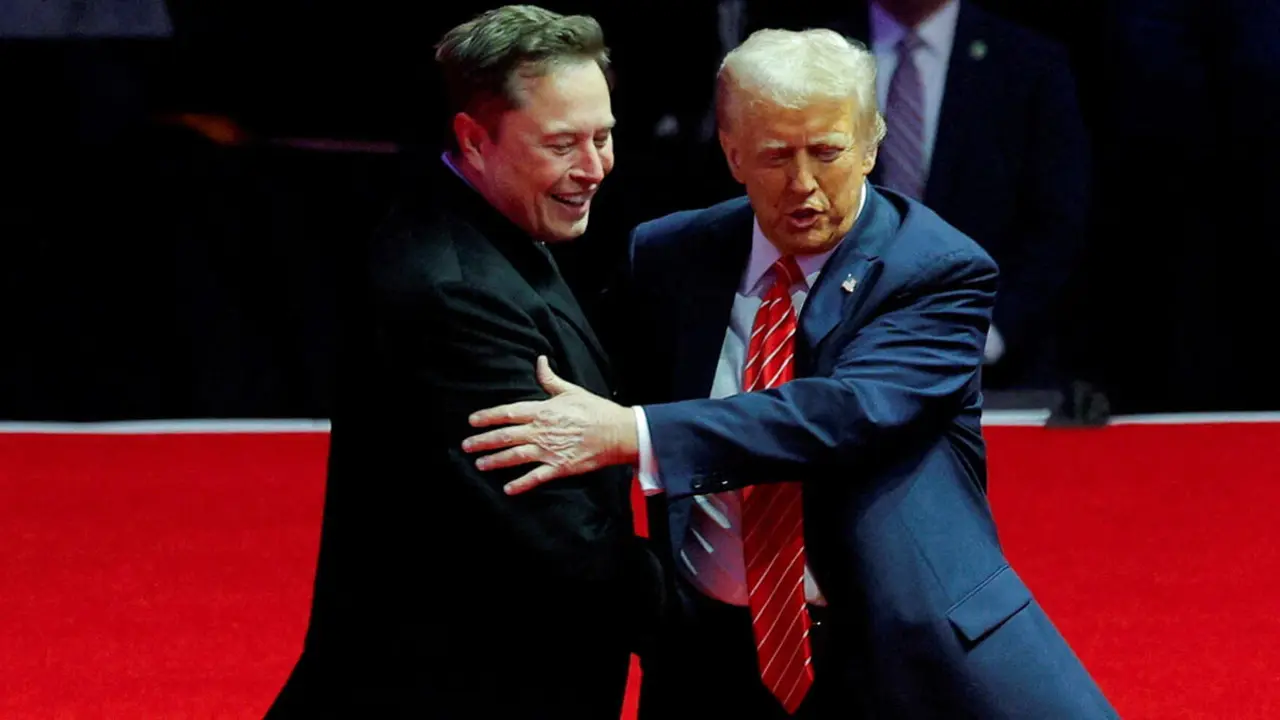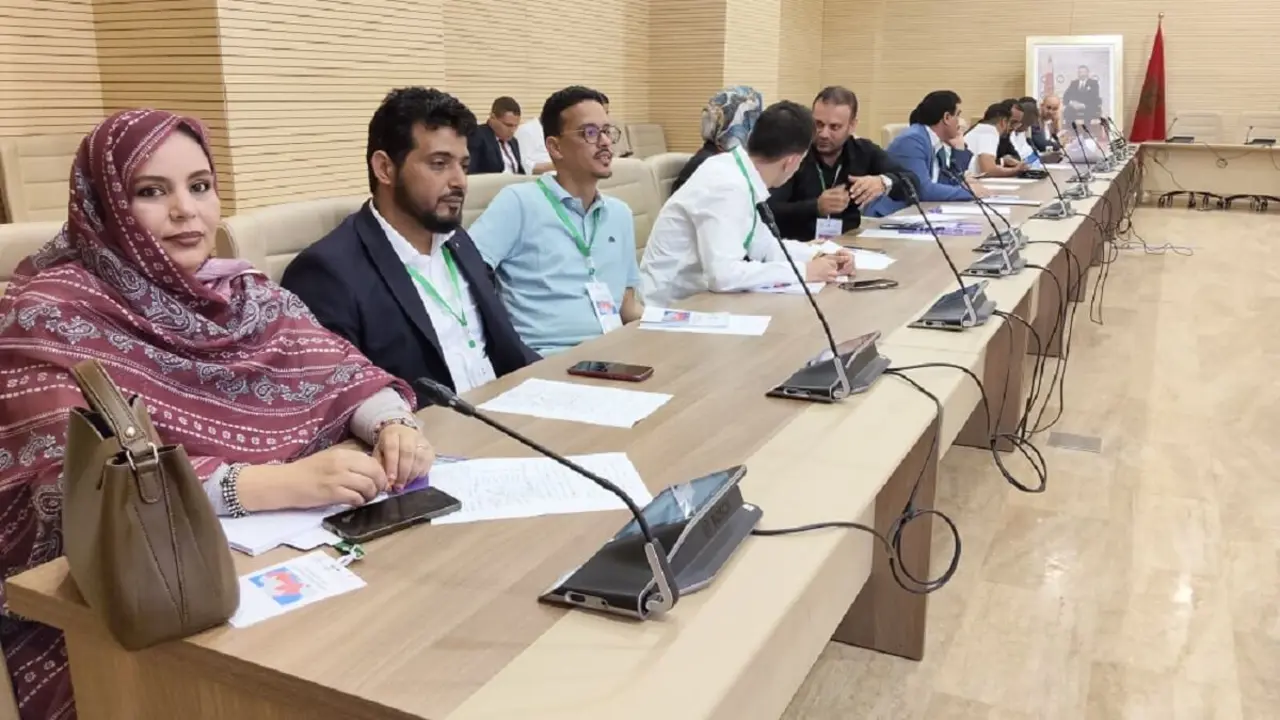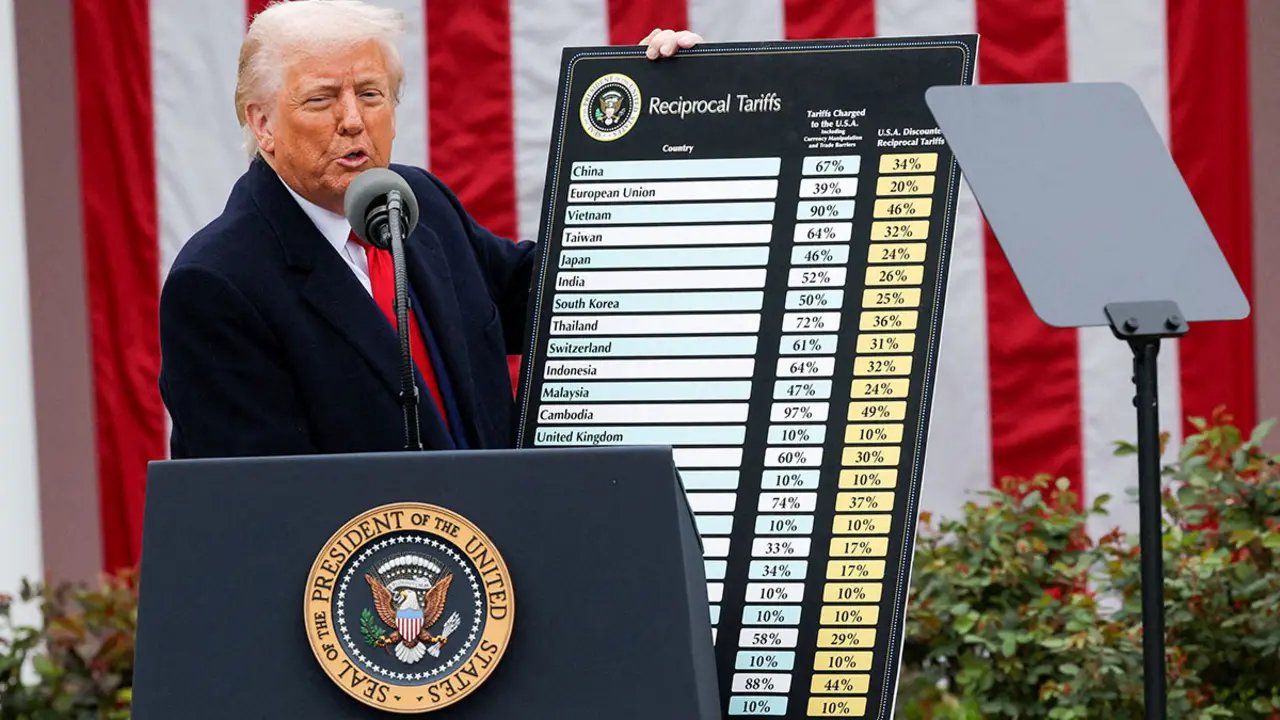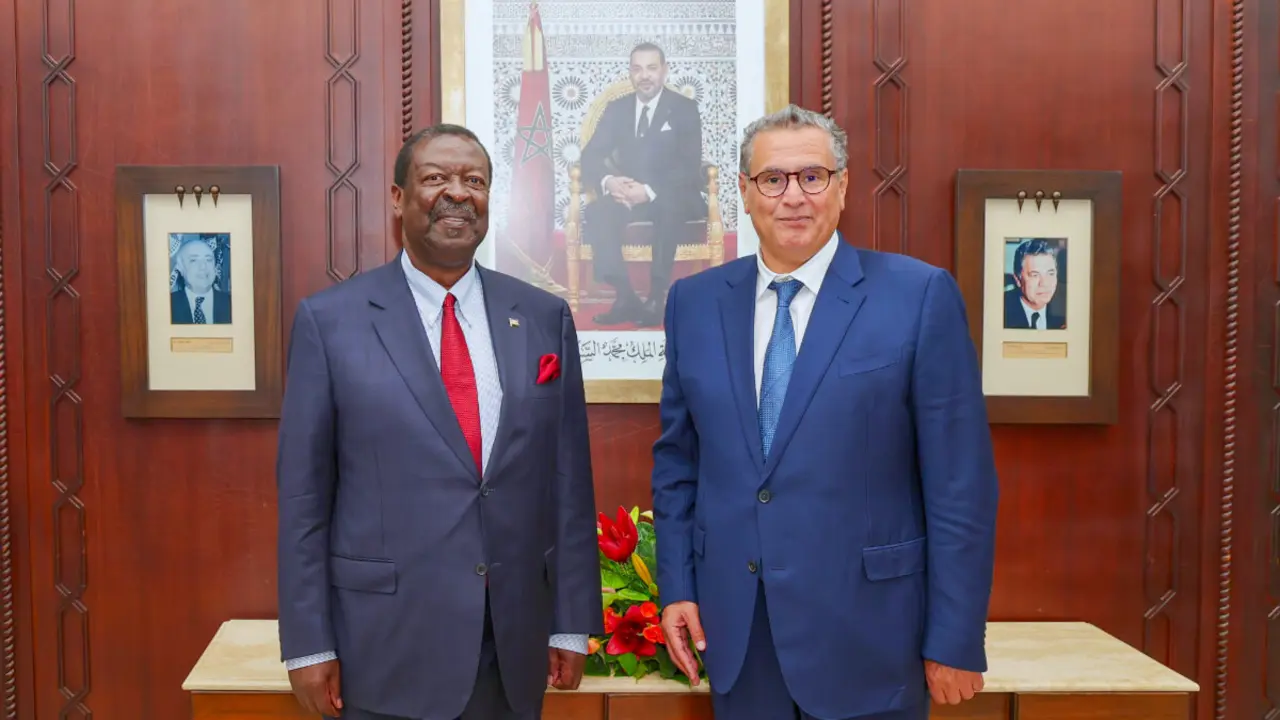Israeli prime minister warns: "Iran is dangerously close to nuclear weapons"

Naftali Bennett, the Israeli prime minister, warned in a statement to the British newspaper Telegraph that Iran is "dangerously close" to completing its nuclear programme, which would mean it could be capable of producing its own atomic bomb.
Concern in Israel and the West is growing, as Tehran's nuclear activities continue, something that Bennett himself has warned of, stating that "Iran is enriching uranium at an unprecedented rate", which could lead to the completion of its programme.
This enrichment appears to have reached the 60% level that allows for the production of a bomb. The prime minister therefore urged the West to intervene, as without pressure from the West, the Islamic regime could soon have a nuclear bomb in its hands.

One of the major stumbling blocks in this whole affair is the lack of cooperation Iran is showing in allowing the International Atomic Energy Agency to monitor and attest that the activities of its nuclear programme are for peaceful purposes. And the situation has been exacerbated this past week, when as many as 27 surveillance cameras, which allow international inspectors to monitor their work, were disconnected.
Iran took this measure in response to a Western resolution passed on 8 June in which the UN denounced Tehran's lack of cooperation. Since 2018, when then US President Donald Trump decided to unilaterally withdraw from the Joint Comprehensive Plan of Action, Iran has been backtracking on its own commitments in this area.

This plan eased crippling economic sanctions on Iran in exchange for restrictions on its nuclear activities, but the US exit and an increasingly complicated situation following Iran's recent actions make it very difficult for negotiations on the nuclear deal to come to fruition.
The Director General of the International Atomic Energy Agency (IAEA), Rafael Grossi, has described the latest measures taken in Tehran as "very serious", explaining that "recent history tells us that it is never good to start telling international inspectors to go home, because things become much more problematic".
The IAEA continues to advocate dialogue with its Iranian counterparts, but the fact is that talks have been stalled since March, "we have to sit down now, we have to correct the situation and we have to continue working together...the only way for Iran to get the confidence it so badly needs to move its economy forward is to allow international inspectors to be present", Grossi explained.
What seems clear is that this disconnection of the cameras further chills a possible rapprochement between the parties, because as the IAEA director general said, even if the Iranians were to connect the cameras in a few months, any work they do in the meantime could remain hidden.
All this comes after Joe Biden, the current US president, said he is ready to resume the agreement as long as Tehran also respects its commitments; but the situation seems to be very entrenched, something that does not help the Iranian economy either, as its currency reached its lowest value on Sunday.

This circumstance has provoked multiple protests in Tehran, where dozens of merchants took to the streets to protest against the difficult economic situation they are going through, especially after the recent increase in commercial taxes, which has forced many small businessmen to close their businesses.
Israel is clear that, as its prime minister stated, the world must take a firm stance and put a stop to Iran's nuclear programme, which now seems more than ever to be on course to achieve its goal, which would leave the Islamic regime with a nuclear bomb.

